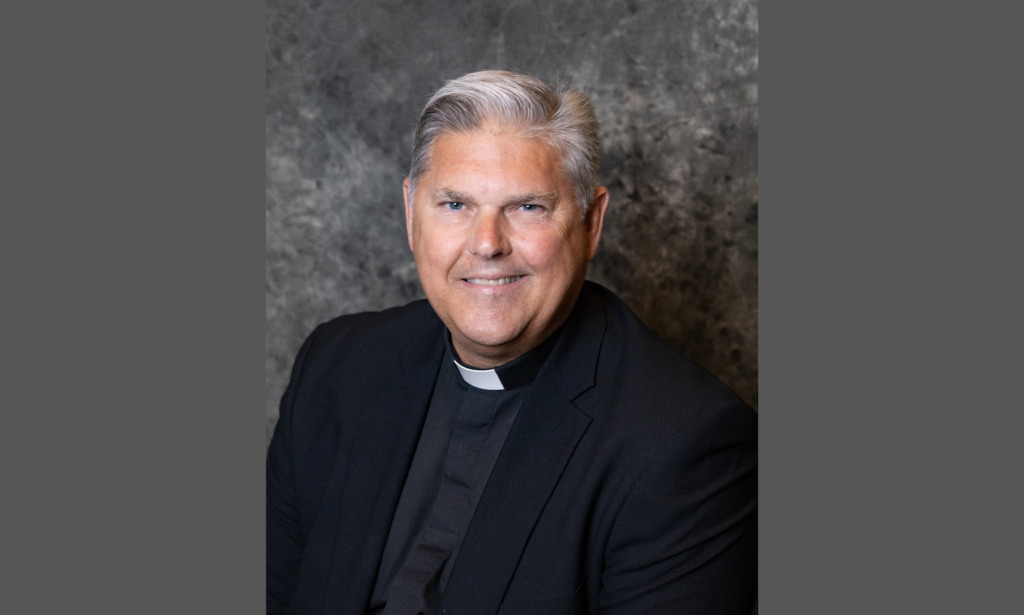Second Sunday of Easter – Year C
Acts 5:12-16
Ps 118: 2-4, 13-15, 22-24
Rev 1:9-11a, 12-13, 17-19
Jn 20:19-31
There are certain songs that have imprinted themselves upon our lives. We may have heard them at a particularly vulnerable moment in our life, and now they are part of the soundtrack of our existence.
This is especially true for those who fell in love with another and associate that love with a particular love song. Hence, you have couples who reach for each other’s hands or give each other an embrace when, “They are playing our song.”
Wouldn’t it be powerful if we knew if Jesus had a certain song that was part of the soundtrack of his life? Wouldn’t it seem fitting that he would have sung that song at key moments in his life? It might even be the last song on his lips. And we do know what that song is.
Matthew’s Gospel records that at the end of the Last Supper, “When they had sung the hymn, they went out to the Mount of Olives” (Mt 26:30). This was the last song that Jesus sang. We even know the words.
It was the custom at the end of the Passover feast to sing the Hallel psalms (Ps 113-118). Jesus would have sung these psalms of thanksgiving to his heavenly father every year of his life on Earth. They would have been engrained in his mind and in his heart. The last of these songs is the psalm we sing in our Mass for the Second Sunday of Easter, and it is a love song.
We are used to all kinds of love songs, some of them beautiful and some of them insipid. But often they are more about infatuation or attraction than having deep love as their subject. The deepest love doesn’t just long to be together with their love, but longs to make a permanent commitment to their beloved that involves a total surrender of self. Psalm 118 is this kind of love song.
The psalm text for Mass has two phrases – “his love is everlasting” and “his mercy endures forever” – that really could be translated as his covenant love endures forever. The Hebrew for this kind of love is hesed. This is the only kind of love that God has for his people — a self-giving love.
Can you imagine what it was like for Jesus to sing this song after celebrating his last supper with his disciples and just as he is about to depart with them for the Mount of Olives, where he will begin his agony and be betrayed?
Allow yourself to join Jesus in his song of hope in the face of a painful death when he sang, “I was hard pressed and was falling, but the Lord helped me. My strength and my courage is the Lord, and he has been my savior.”
Not in the psalm text that we sing at this Mass, but in the last song Jesus sang, are also these words. “In danger I called on the Lord; the Lord answered me and set me free. The Lord is with me; I am not afraid. What can mortals do against me?” Imagine how Jesus would sing those words.
Ponder the consolation Jesus received, singing, “Open the gates of victory; I will enter and thank the Lord,” even as he was to begin his passion that very night. And the last words that Jesus sang are again an affirmation of God’s deep committed love. “Give thanks to the Lord, who is good, whose love endures forever.”
Now, make Jesus’ last song your own.
Msgr. Timothy Keeney is pastor of Incarnation, Charlottesville.

